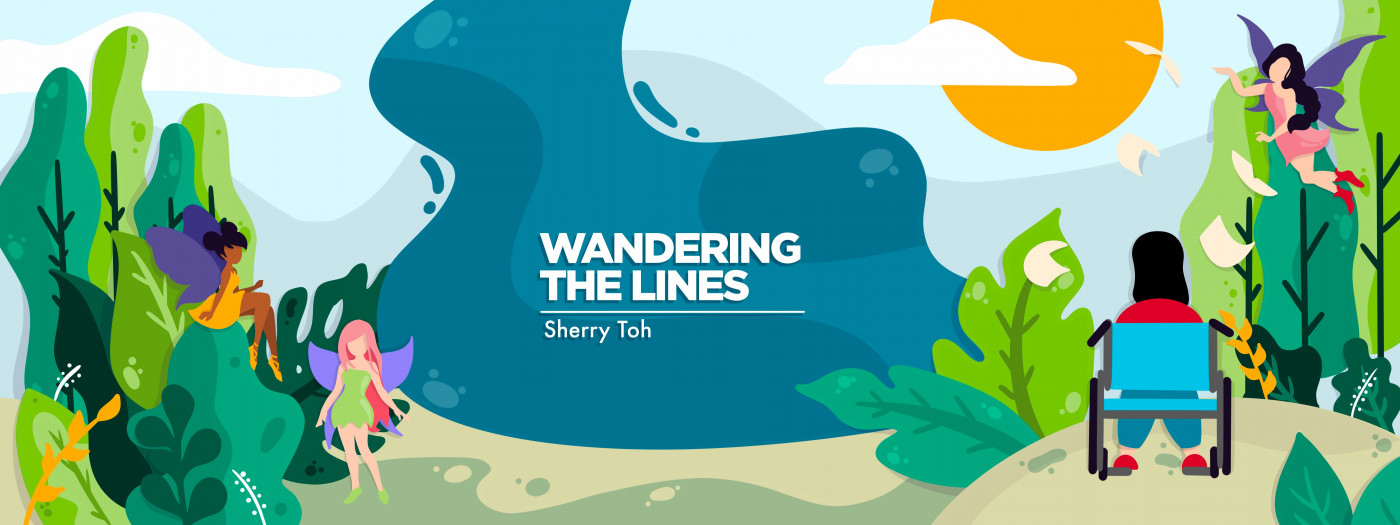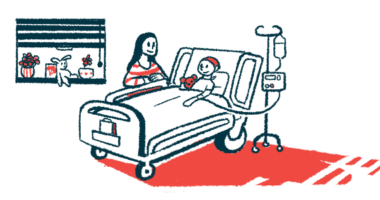Disability Representation in BioWare’s Mass Effect Trilogy, Part 2: Demands of Diversity

Second in a two-part series. Read part one here.
“[The] universe demands diversity.”
The quote above is from alien scientist Mordin Solus, who’s a character from Mass Effect, a sci-fi video game series by developer BioWare. It’s a simple yet profound phrase, powerful in its confrontation of our preconceptions and how we relate to people different from us. The universe doesn’t allow diversity; the universe demands it.
As I mentioned in my previous column, disability representation in Mass Effect’s trilogy is a topic worthy of several essays. My initial plan for the second part of my two-part series on this topic was to examine three stories where the casual treatment received by disability in the trilogy isn’t what uplifts the story, but what drags it down. However, as I tried to trim the first draft down to the essentials, I realized it’d be better to focus on one story and its nuances, instead of flattening and doing an injustice to three.
The first story would’ve been that of David Archer, an autistic character who’s forcibly turned into a weapon by his brother. The second would have centered on the story of Morinth, a woman who suffers a fictive “rare genetic disorder” that makes her kill her sexual partners. We will focus on the arc of the Krogan, a near-extinct alien race.
Readers interested in my initial approach to this column may read it on my personal blog the weekend after this column is published. And if you’d like to read analyses of David’s story and the importance of character agency in disability representation, read autistic writers’ takes: Gerry Hart’s on Uppercut and M. Wesley Alvey’s on Vice.
I chose to highlight the Krogan arc for multiple reasons. It’s a central conflict in the trilogy and where we get to know Mordin and hear his powerful phrase. It’s also the best illustration of the subtopics I wanted to cover: disability history, disability as a social phenomenon, and BioWare’s mistakes in the trilogy’s disability representation.
The Krogan arc is actually the best-handled storyline I singled out and close to being one of my favorite subplots. As a race, the Krogan were exploited as soldiers in a war, then infected with a bioweapon called the genophage. The mutagen is a devastating blow to their population and a collective trauma, as only 1 in 1,000 pregnancies were viable afterward.
Throughout the trilogy, players are asked to debate the justification of the genophage. We’re even presented with the chance to cure the Krogan. Mordin, a member of one of the Krogan’s opposing races, the Salarians, was recruited to work on a stronger variant of the genophage after the Krogan developed resistance to it. After his past is revealed, we have the choice to convince Mordin to accept his guilt and make amends. Our case is strengthened by the backdrop of a derelict hospital on the Krogan’s homeworld, littered with test subjects who died from attempts to restore the Krogan’s fertility.
The scene evokes and condemns the cruelty of the experiments and forced sterilizations conducted on minorities during the eugenics movement. I suspect the parallels are deliberate. In a war story where disability is another facet of diversity, it was perhaps inevitable — even necessary — for Mass Effect’s writers to utilize and critique eugenic concepts.
BioWare’s one mistake with the Krogan arc is both their strength and fatal flaw in their storytelling: their attempts to lend validity to why well-intentioned people do bad things.
In any other story, it wouldn’t be as egregious. But the “validity” here comes from the root of eugenic philosophy. Namely, the belief that certain traits are innate and should be bred out. Thus, there are Krogan characters written to perpetuate the belief that they’re innately aggressive and therefore perhaps unworthy of life.
We can recruit a Krogan named Grunt in the second game. He smashes a window because he’s going through puberty.
That doesn’t sit well with me. And it doesn’t reflect the complex, blurry relationship between nature and nurture.
But all things considered, the Krogan arc is cleverly approached. We meet them in the aftermath of the genophage’s deployment, rather than in the midst of it. Similar to today’s disability community, for generations the Krogan suffered the effects of what was done to them. While the genophage pushed the Krogan to become the fatalistic aggressors they were treated as, the barriers erected against the disabled made us the infantilized dependents we are treated as. Their fight didn’t end with their wars and neither did ours.
It’s food for thought this Disability Pride Month, when we shall mourn as we celebrate.
After all, if the universe demands diversity, who are we to deny the disabled community’s flourishing?
***
Note: SMA News Today is strictly a news and information website about the disease. It does not provide medical advice, diagnosis, or treatment. This content is not intended to be a substitute for professional medical advice, diagnosis, or treatment. Always seek the advice of your physician or other qualified health provider with any questions you may have regarding a medical condition. Never disregard professional medical advice or delay in seeking it because of something you have read on this website. The opinions expressed in this column are not those of SMA News Today, or its parent company, BioNews, and are intended to spark discussion about issues pertaining to spinal muscular atrophy.









Comments